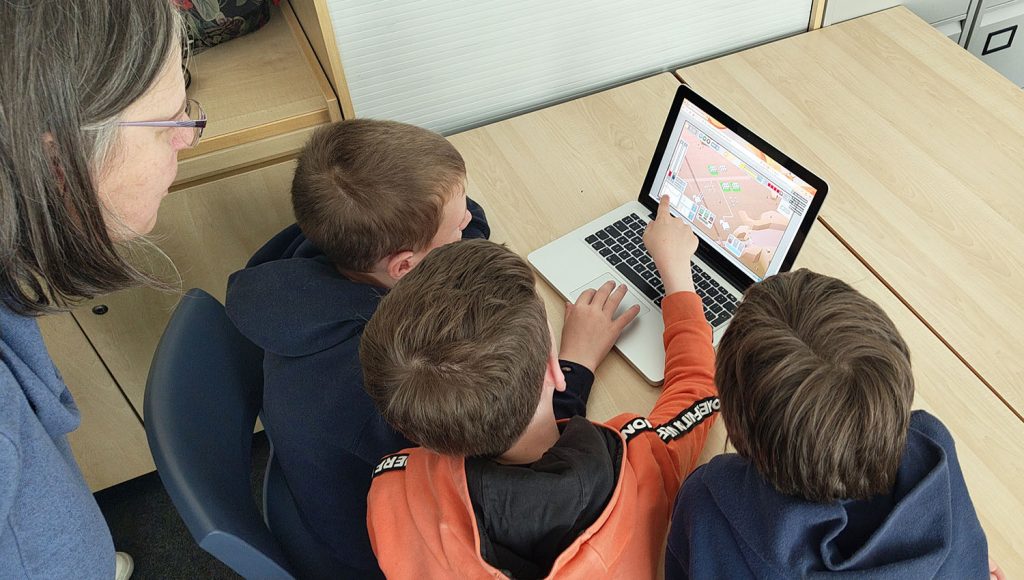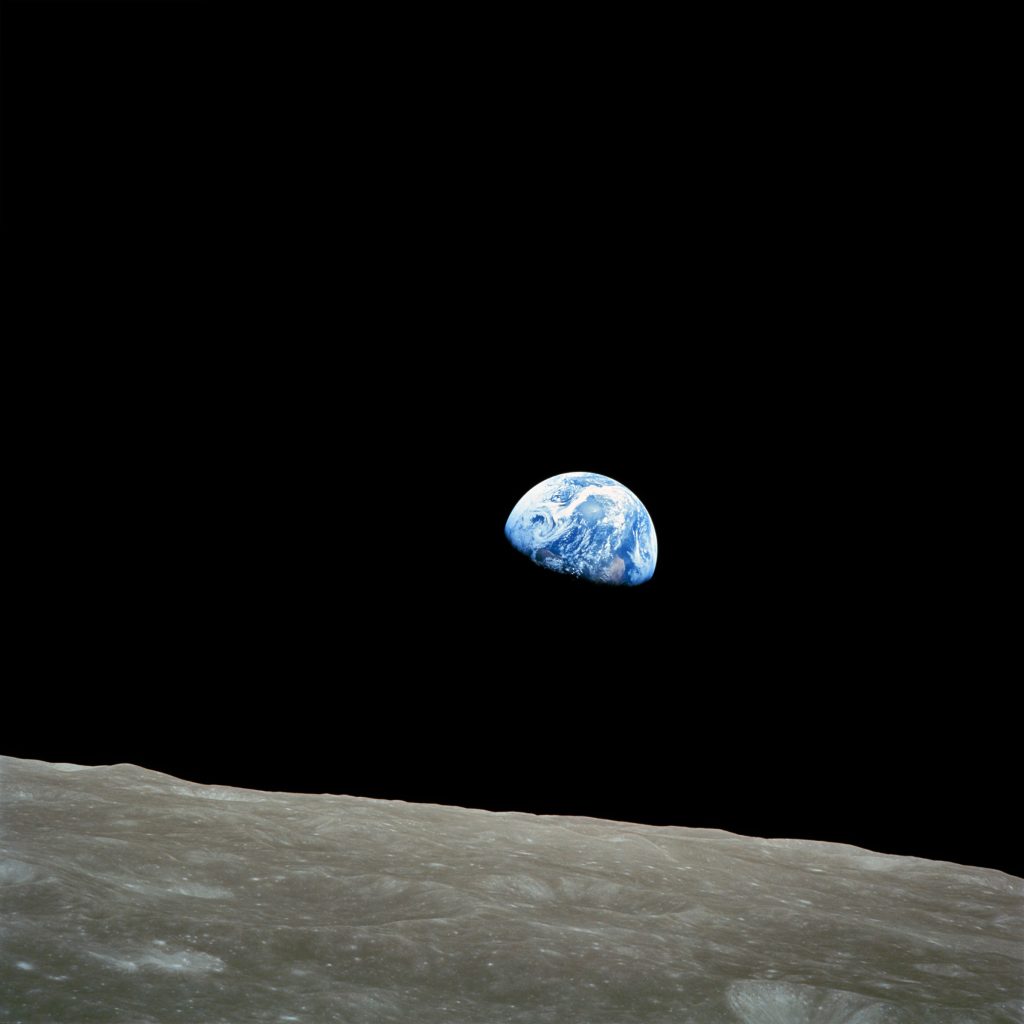Last week I took part in a day run by SmartSTEMs at one of the local schools. About two hundred primary and middle school aged kids spent the day hearing from myself and lots of other sciencey people about what we do, and doing activities that we provided. I had them playing a computer game about managing a power grid, in small groups, and then thinking about the functions of different power sources.

Some of the kids were really engaged and interested. Some weren’t, which is perhaps inevitable. The organisers had a nice system set up to encourage questions: if you asked a sensible, non-silly, question, you got a raffle ticket. At the end of the day there was a raffle draw for an iPad. There were a couple of very happy winners, but it also worked well as encouragement for the students not only to ask questions, but to ask some with a bit of thought behind them. A few did this in class or in other exposed spaces, but most waited and found me at lunchtime. Either way it takes a lot of courage… it’s an approach that I might think about using myself.
One girl came up to me after one of my workshops and very timidly asked me, “Before you started your job, how did you know that you could do it?”. It was perhaps the best question that I had all day, and I suspect represents not just her worries but those of many of her peers. I gave a fairly straightforward answer about how I had got feedback about my teaching, and I’d done some research before so I knew that I enjoyed that aspect, and so forth, and none of that was wrong – but it wasn’t the answer that she really deserved.
When I thought about it some more, later, I realised that what I should have said is,
“I didn’t. We can do things to try to find out if a job is right for us, but we can never be sure; at some point the only way to find out whether we can a do job — and whether we want to do that job — is to try it and see. And if it turns out to be the wrong thing for you, that’s not the end of the world, because you can change and do something different.”

